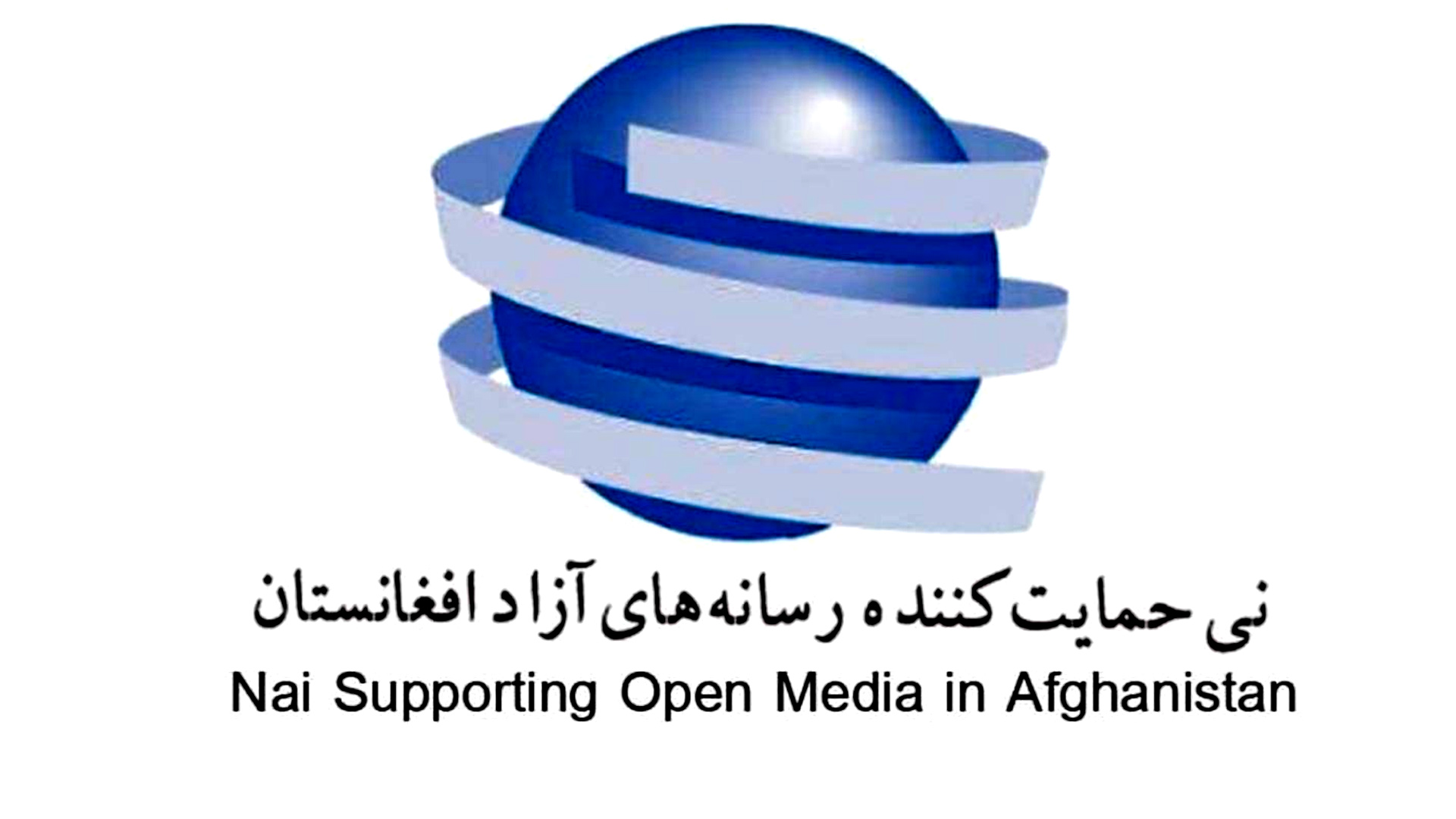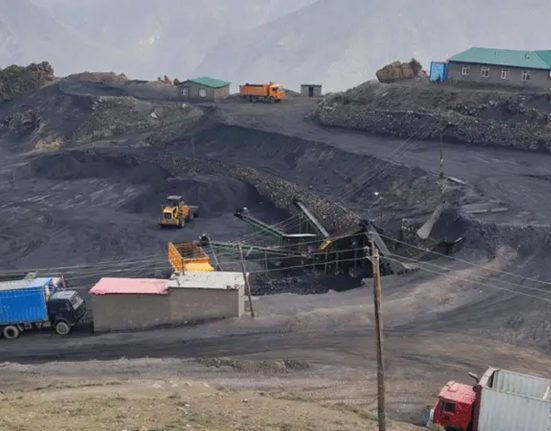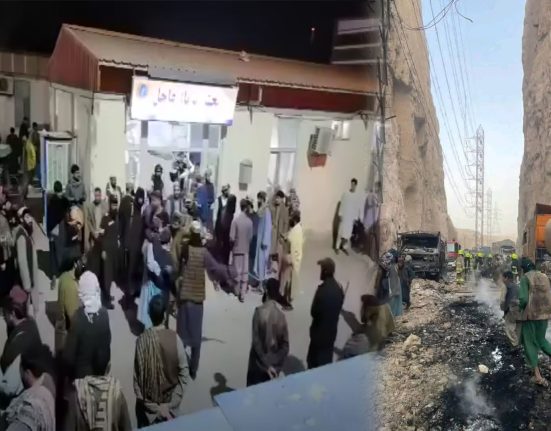
Nai: Freedom of expression is destroyed and the media industry is facing an unprecedented decline.
Four years after the Taliban returned to power in Afghanistan, freedom of expression and the media environment in the country have come under unprecedented pressure.
The latest findings of the Afghan Independent Media Support Organization (NAI) show that the number of active media outlets in the country has decreased by more than half, with print media suffering the most.
Before the fall of the republican regime, 254 print media outlets were operating, but now only 36 remain active, and more than 85 percent of the others have ceased to operate.
These statistics not only indicate the collapse of the media industry, but also indicate the widespread stifling and systematic suppression of independent voices.
Over the past four years, the Taliban have managed to take approximate control of the information space by severely restricting the press, imposing censorship, threatening journalists, and depriving women of media activities.
As such, any independent criticism or reporting on politics, corruption, human rights abuses, or social crises has faced severe restrictions.
The trend of media closures, especially print media, demonstrates the sector’s extreme vulnerability to political and economic pressures.
Lack of financial support, limited access to resources, and security threats have driven independent media outlets to closure or forced migration.
Analysts say that the decline in print media has directly affected the quality of information in society and has made people dependent on limited sources controlled by the Taliban.
In addition to domestic consequences, this situation has also affected Afghanistan’s credibility internationally.
The international community, which has been monitoring the Taliban for their widespread human rights violations and restrictions on fundamental freedoms, is now facing the collapse of the media industry, an industry that played a key role in transparency, government accountability, and public awareness before the fall of the republic.
Experts say that continuing this trend could lead to the consolidation of the Taliban’s “information rule,” a government that not only silences dissent but also controls the country’s official narrative and historiography.
The message of the report is clear: four years of Taliban rule have not only restricted political freedom and women’s rights, but have also destroyed the media industry and the possibility of independent criticism to an unprecedented extent, a situation whose long-term consequences for the development of democracy and civil society in Afghanistan will be profound and worrying.







